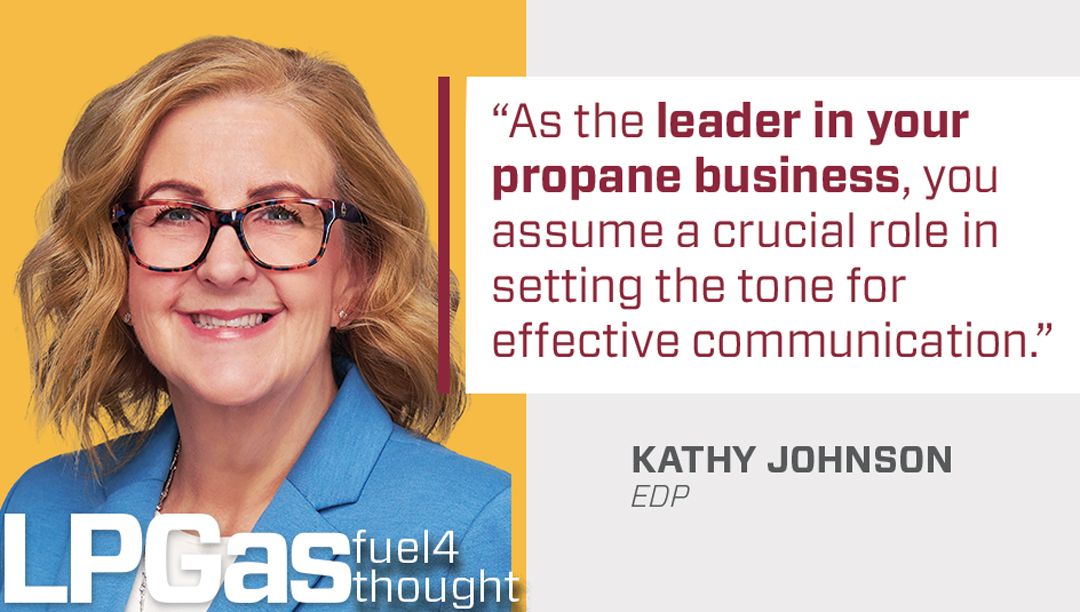Effective employee communication requires collaboration
In today’s dynamic and fast-paced business landscape, the pivotal role of effective employee communication cannot be overstated in achieving organizational success.
The conventional top-down communication model is giving way to a more interactive and collaborative approach, acknowledging the impact engaged and well-informed employees can have on productivity, innovation and overall company morale.
According to a report in 2023 from axioshq.com, employees are advocating for three key enhancements in leadership communication:
- 40 percent desire more thoughtful and insightful details.
- 36 percent wish to hear from their leaders more frequently.
- 35 percent seek updates on a more consistent basis.
One of the foremost challenges faced by leaders is deciphering what and how employees prefer to receive information.
Transparency
As an HR leader, I have spent many hours trying to figure out what employees want to hear and how they want to hear it.
Over the past year, I’ve come to realize that in some ways we’ve overcomplicated communication. While employees want to hear things such as company direction, vision and financials, employees also like to hear about human interest topics, best practices and insights like difficult tank sets and creative ways other locations service their customers.
At the heart of effective communication lies transparency. Employees not only value understanding their expectations but also appreciate grasping the broader context of your propane business’s goals and strategies. Transparent communication fosters trust and enables employees to align their individual efforts with your company’s mission. Companies that prioritize openness are likely to see their employees more engaged and staying with their operations longer.

As the leader in your propane business, you assume a crucial role in setting the tone for effective communication. When you actively engage with your team, share information and encourage feedback, you contribute to a positive communication culture. Open-door policies and regular all-hands meetings serve as valuable tools for leaders to connect with employees across all levels, nurturing a sense of belonging and shared purpose.
A 2021 study by Edelman revealed that 71 percent of employees consider leadership communication crucial for building trust in a company.
Feedback
Leveraging the power of feedback is vital since communication is a two-way street. When you actively seek and value employee feedback, you create a culture of continuous improvement.
Regular surveys, feedback sessions and open forums give your employees the chance to share their thoughts and ideas, fostering creativity and ensuring their voices are heard.
Another integral aspect of communication involves celebrating achievements and milestones. In the relentless pursuit of the next task, we often overlook completed ones. Reflecting on past accomplishments can be enlightening and uplifting. In a study by Great Place to Work, employees who receive recognition from management are 69 percent more likely to do better work. In some cases, employees consider recognition a stronger motivator than inspiration, autonomy, promotions and pay raises.
The future
As we progress, the landscape of employee communication will inevitably evolve. The integration of artificial intelligence, chatbots and data analytics will enhance personalized communication, delivering relevant information to employees precisely when and where they need it.
The challenge for your organization lies in adapting to these changes while preserving a human touch in your communication strategies.
Effective employee communication transcends being a mere business necessity; it is crucial to the success of your operation. When you invest in a culture of openness, transparency and collaboration, you are better poised to navigate the challenges of the modern workplace and unlock the full potential of your most valuable asset – your people.
Kathy Johnson is executive vice president and chief human resource officer for EDP. She leads an HR team that serves the company’s 700-plus employees. With more than 20 years of HR experience, Johnson has an undergraduate degree from DePaul University and a Master’s of Jurisprudence in Employment and Labor Law from Tulane University. She can be reached at kjohnson@edplp.net or 312-254-5977.
















